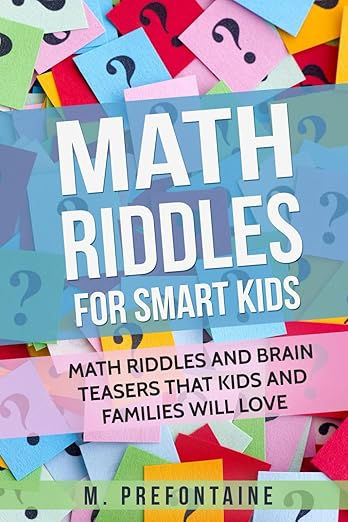Maintaining Academic Progress Over School Breaks: A Guide for Parents and Caregivers
- Rebecca Beard

- Dec 14, 2024
- 3 min read
Updated: Nov 19, 2025
As parents and caregivers, we understand the importance of consistent learning, even during school breaks. While these rest periods are crucial for students' mental and emotional well-being, they can also present challenges to academic momentum. This guide will help you support your child's educational progress during extended breaks, ensuring they return to school confident and prepared.

The Academic Slide: Understanding Learning Loss
Extended school breaks can have a significant impact on student learning. Research has
consistently shown that students can lose up to two months of academic skills during summer vacation, a phenomenon educators call the "summer slide." This learning loss affects all subject areas but is particularly pronounced in mathematics and reading comprehension. The good news is that strategic, engaging learning activities can mitigate these effects. By incorporating thoughtful educational experiences into your home routine, you can help your child maintain and advance their academic skills.
Keeping Language Arts and Reading Skills Sharp
Reading is the cornerstone of academic success, and maintaining reading skills during breaks is essential. Here are some effective strategies:
1. Create a Family Reading Challenge
- Set daily or weekly reading goals
- Establish a cozy reading nook at home
- Create a reward system for meeting reading targets
- Mix fiction and non-fiction to keep things interesting
2. Interactive Reading Activities
- Start a family book club
- Encourage journaling or creative writing
- Use reading comprehension apps and online platforms
- Listen to audiobooks together and discuss the content
3. Writing Skill Development
- Encourage thank-you notes, letters to family members
- Start a family blog or shared journal
- Use writing prompts for creative storytelling
- Practice different writing styles: descriptive, narrative, persuasive

Do you have a plan for your student’s next extended break from school? Contact us today to learn about our classes, programs, and 1:1 tutoring.
Maintaining Math Skills During Breaks
Mathematics requires consistent practice to retain skills. Try these engaging approaches:
1. Everyday Math Opportunities
- Involve children in cooking (measuring ingredients)
- Practice budgeting during shopping trips
- Play math-based board games
- Use cooking and baking as opportunities for fractions and measurement
2. Digital Learning Resources
- Utilize math learning apps
- Subscribe to online math learning platforms
- Use educational websites with interactive math challenges
- Incorporate math-based video games that require problem-solving
3. Practical Math Challenges
- Design home improvement projects requiring measurements
- Create math scavenger hunts
- Solve real-world problems together
- Use puzzles and brain teasers that involve mathematical thinking
Benefits of Home-Based Learning
Incorporating learning into home life offers numerous advantages:
1. Personalized Learning Experience
- Customize learning to individual pace and style
- Create a supportive, pressure-free environment
- Build confidence through one-on-one attention
2. Family Bonding
- Learn together
- Create shared educational experiences
- Demonstrate the value of lifelong learning
3. Skill Development Beyond Academics
- Enhance problem-solving skills
- Develop curiosity and independent learning
- Build resilience and adaptability
Working with Your Private Tutor
Collaborate with your child's private tutor to:
- Develop a break-time learning strategy
- Obtain personalized resources
- Create a continuous learning plan
- Address specific academic needs
Final Thoughts
Remember, the goal isn't to create additional stress but to make learning an enjoyable,
integrated part of family life. Every small effort counts and consistency is key. By approaching learning as an adventure rather than a chore, you'll help your child maintain academic progress and develop a lifelong love of learning.
Set your student up for success! Contact us today to make a plan to maintain academic progress over the next school break!








Comments